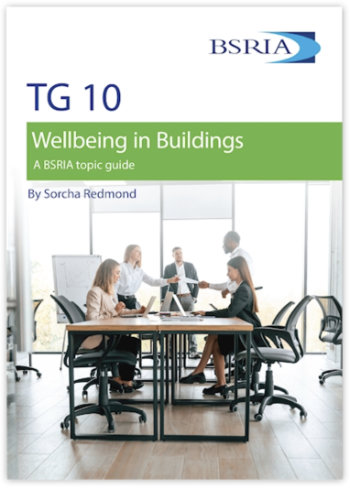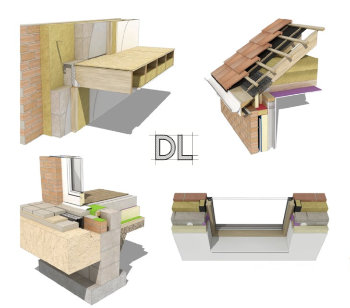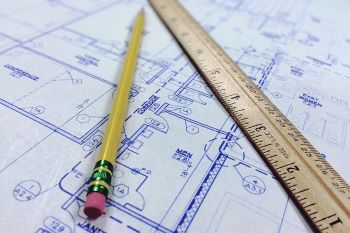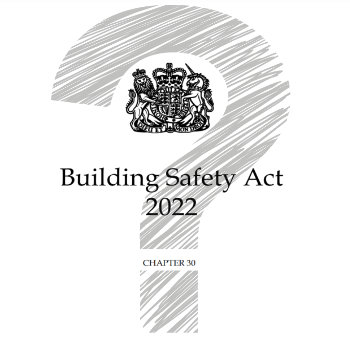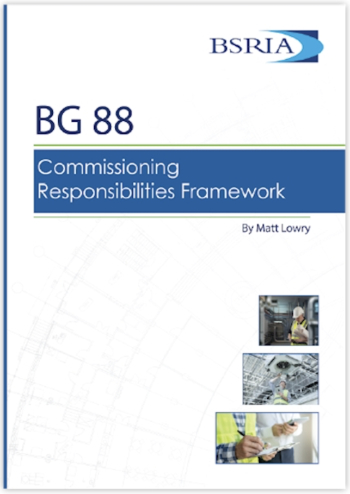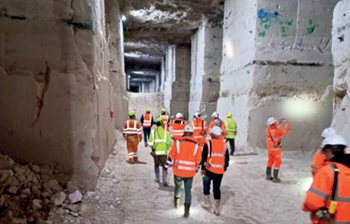Hiring an architect as a domestic client
The process of designing and building a project as a domestic client is often an expensive and time-intensive undertaking. Most projects, unless they are very simple, will benefit from the hiring a professional such as an architect, or at the least, consulting one before starting.
The term ‘architect’ is protected by the Architects Act 1997. Only qualified individuals that are registered with the Architects Registration Board (ARB) can offer their services as architects. However, the same services can be provided by people that are not architects as long as they do not claim to be architects. Architects may also be a member of the RIBA, but this is not necessary.
Architects working on domestic projects will usually offer one-off consultations for a small fee. This can be useful for clients in terms of working out how to get the most out of the project, as well as obtaining expert advice on design, planning, construction, and so on. Architects can also provide advice to clients relating to optimising capital construction cost and minimising the cost in use, and so on. If planning permission or building regulations approvals are required for the building work, an architect can be useful helping prepare application drawings and other paperwork.
Generally, a client will prepare some sort of outline brief and budget for the project before entering into discussions with an architect or other professional.
Many domestic clients appoint architects based on an existing relationship, a recommendation, or because they have seen work done by the architect elsewhere. However, it can be advantageous to adopt a more rigorous process, assessing their relevant expertise, their contacts with local authority town planners, track record of approvals, and so on.
Search engines are available from the RIBA and others to help find appropriate architects:
- Searchable directory of RIBA chartered UK practices.
- RIBA chartered members directory.
- RIBA client design advisers' directory.
- Local Architects Direct.
- Architects' Index.
It is recommended that clients follow up references with previous clients, asking questions about the architect’s attention to detail, their responsiveness to change, their effectiveness at budget management, ability to deal with problems, how closely they stuck to the budget, and so on. Clients may ask for the following as a means of helping them create a shortlist of preferred architects:
- Literature outlining the firm’s qualifications, expertise and any awards.
- Portfolio of works.
- Method statement as the how the work will be undertaken.
- Health and safety, quality and sustainability policies.
- Confirmation of professional indemnity insurance, public liability insurance and employer’s liability insurance.
- Use of computer aided design or building information modelling.
- Form of appointment.
There should be detailed interviews prior to selection, to assess how well the architect will get on withe the client, how they will approach the project, preliminary design ideas, and so on.
Once the preferred architect has been chosen, the scope and cost of architectural services should be discussed before starting the project, with the agreement made in writing. For small domestic projects, this agreement may be set out in a self-contained letter of appointment, or may be a more formal contract such as the RIBA standard agreement.
It is very important that the exact scope of services required is agreed in advance, as some services, such as, applying for outline planning permission: See Architect's fees for more information.
If the client is a married couple or joint residential occupiers, one person will generally be listed as the representative with full authority to act on both their behalf.
Fees charged by architects vary very significantly, and since the Royal Institute of British Architects (RIBA) abolished their indicative fee scales, there is very little benchmarking information freely available. Generally speaking, large new build projects attract much lower percentage fees than small works to existing buildings, commercial work attracts lower fees than private residential work, works to historic or listed buildings attract higher fees still, and so on.
See Architect’s fees for more information.
[edit] Related articles on Designing Buildings
- Appointing an architect.
- Appointing consultants.
- Architect’s fees.
- Architectural design.
- Avoiding planning permission pitfalls.
- Building an extension.
- Consultant team.
- Fees.
- Finding good building contractors.
- Hiring an architect as a commercial client.
- How to build a garage.
- How to build a porch.
- The architectural profession.
- The role of architects.
[edit] External resources
- ‘A Domestic Client’s Guide to Engaging an Architect’ – N. OSTIME, RIBA Publishing (2017)
Featured articles and news
Wellbeing in Buildings TG 10/2025
BSRIA topic guide updates.
With brief background and WELL v2™.
From studies, to books to a new project, with founder Emma Walshaw.
Types of drawings for building design
Still one of the most popular articles the A-Z of drawings.
Who, or What Does the Building Safety Act Apply To?
From compliance to competence in brief.
The remarkable story of a Highland architect.
Commissioning Responsibilities Framework BG 88/2025
BSRIA guidance on establishing clear roles and responsibilities for commissioning tasks.
An architectural movement to love or hate.
Don’t take British stone for granted
It won’t survive on supplying the heritage sector alone.
The Constructing Excellence Value Toolkit
Driving value-based decision making in construction.
Meet CIOB event in Northern Ireland
Inspiring the next generation of construction talent.
Reasons for using MVHR systems
6 reasons for a whole-house approach to ventilation.
Supplementary Planning Documents, a reminder
As used by the City of London to introduce a Retrofit first policy.
The what, how, why and when of deposit return schemes
Circular economy steps for plastic bottles and cans in England and Northern Ireland draws.
Join forces and share Building Safety knowledge in 2025
Why and how to contribute to the Building Safety Wiki.
Reporting on Payment Practices and Performance Regs
Approved amendment coming into effect 1 March 2025.







